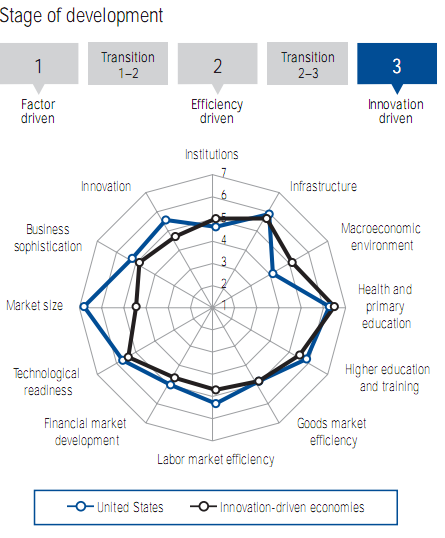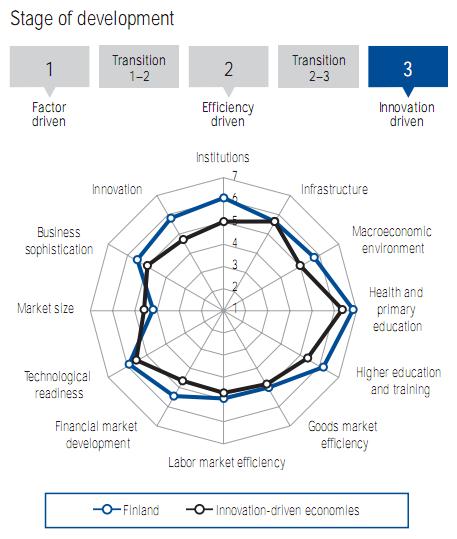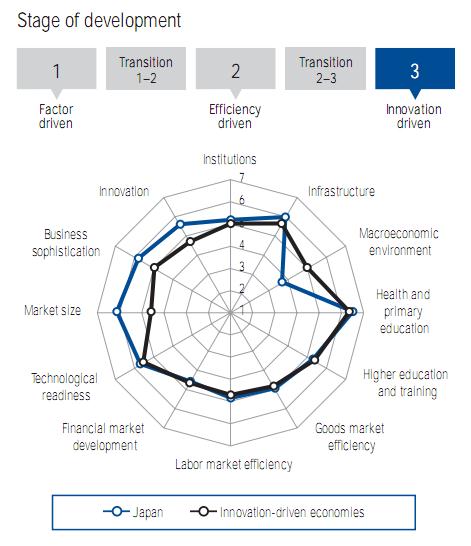What should you call “work”?
I define work as whatever needs to be done to reach a certain goal. If you work in a company, this outcome is usually about producing revenues and EBITDA.
Productive work is essential. On the contrary, producing an intermediate outcome is not work by itself. Communicating to your team that you have reached an intermediate task, or that you are in the middle of something but have not reached your goal yet: this to me is not work. People often delude themselves into thinking that they are really busy when in reality, all that they are doing is sending emails around.
Spending hours on tasks which do not contribute to reaching an outcome is not work either. Carrying out a repetitive task, which was defined as part of a routine some years ago in a specific situation, but brings no advantage or added value whatsoever is the present or the immediate future, is not work – at least from my perspective. This is sometimes called “bad busy“.
What can be done to promote effective work?
What can you do if you come to the conclusion that your team is doing work that is not leading to any substantial outcome?
The first step would be to analyse the situation: is your team working effectively? Is your team reaching its objectives? If not, there are usually 4 scenarios:
- Wrong objectives. In this case, the first step towards a solution is obviously to communicate objectives that are meaningful and achievable
- Right objectives, inadequate execution. In this case, objectives are not reached because you or your team are performing the wrong tasks. Focus on useful tasks, rather than losing time with repetitive, useless tasks or discussing intermediary outcomes
- Right objectives, fear of failure. Do not fear failure, embrace it. It is part of working life. Think of the dire consequences of inaction
- Right objectives, procrastination. Often the best solution is to stop altogether and fix and existing emotional problems. If one of your team members has emotional problems about work, do not assume that will improve with time. It will likely worsen. These types of problem are quite tricky to solve and it often is down to the individual concerned to make an effort towards a resolution.






